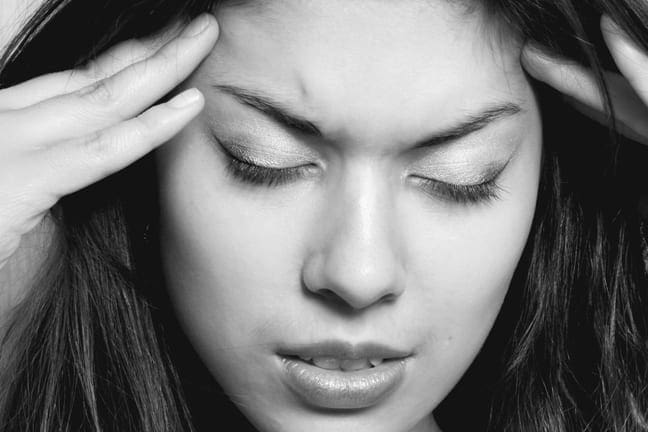All week long you’re stressed. Tired. The project at work isn’t going well, your phone died and won’t turn back on, and you had to cancel that barre class. Again.
By the end of the week, you’re too exhausted and depleted to cook and just want to give yourself a little treat, so you grab fast food on the way home. It’s just one time, so what’s the harm?
Junk food is obviously bad and can lead to weight gain. Duh. But a July 2014 study published in the journal Biological Psychiatry shows that stress experienced prior to eating a high-fat meal lowers your rate of metabolism, making it even harder to keep the pounds off.
Researchers questioned a group of female study participants about the previous day’s stressors before giving them a meal equivalent to the fat and calories in a double-burger and fries. The scientists then measured their metabolic rate—how long it took the women to burn calories and fat—and took measures of blood sugar, the stress hormone cortisol, insulin and triglycerides, a form of fat in the blood, high levels of which can lead to cardiovascular disease.
On average, in the seven hours after eating the high-fat meal, the women who reported one or more stressors during the previous 24 hours burned 104 fewer calories than nonstressed women—a difference that could result in weight gain of almost 11 pounds in one year. The stressed women also had higher levels of insulin, which contributes to the storage of fat.
“This means that, over time, stressors could lead to weight gain,” says Jan Kiecolt-Glaser, professor of psychiatry and psychology at The Ohio State University and lead author of the study.
“We know from other data that we’re more likely to eat the wrong foods when we’re stressed, and our data say that when we eat the wrong foods, weight gain becomes more likely because we are burning fewer calories.”
Most of the reported stress was normal, everyday stuff: arguments with co-workers or spouses, disagreements with friends, trouble with children or work-related pressures. Any of that sound familiar to you?
Interestingly, stress had the same effect on meals high in saturated fat (“bad” fat) and ones high in monounsaturated fat (“good” fat). So stress really messes with you, even when you think you’re eating not-so-terribly.
And if you have a history of depression, it’s more bad news. “With depression, we found there was an additional layer. In women who had stress the day before and a history of depression, triglycerides after the meal peaked the highest,” says Kiecolt-Glaser. “The double whammy of past depression as well as daily stressors was a really bad combination.”
This reiterates the extreme importance of stress management and eating well.
“We know we can’t always avoid stressors in our life, but one thing we can do to prepare for that is to have healthy food choices in our refrigerators and cabinets so that when those stressors come up, we can reach for something healthy rather than going to a very convenient but high-fat choice,” says Martha Belury, professor of human nutrition at Ohio State and a co-author of the study.
We know, we know. That’s sometimes easier said than done, but it is possible to change your habits so that when you’re stressed, you gravitate toward something other than Ben & Jerry’s. We think a bump in metabolism and a potential 11-pound weight loss is worth the effort, right?




































